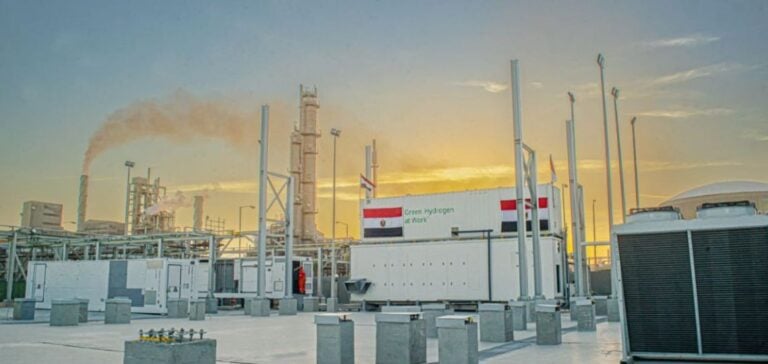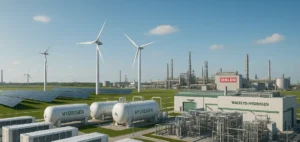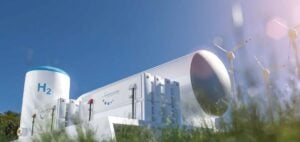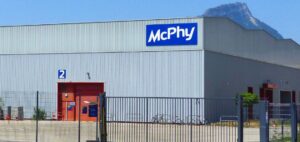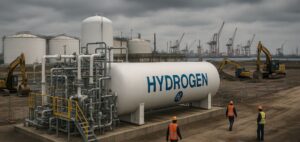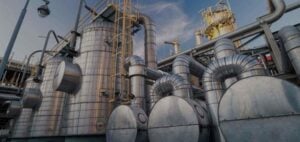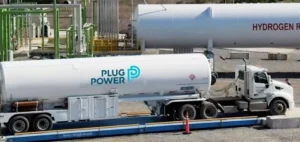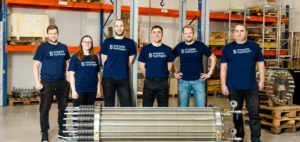Egypt’s fertilizer industry is going through a tumultuous period due to a shortage of natural gas, essential for production. Abu Qir Fertilizers and three other industry giants, Mopco, Sidi Kerir Petrochemicals, and KIMA, announced production stoppages this week in response to the energy crisis. These measures come against a backdrop of repeated power cuts that are severely affectingEgypt.
Egypt’s Prime Minister, Mostafa Madbouly, attributed the shortage to a production stoppage in a neighboring country, presumably Israel, and to constraints on foreign currency resources. To remedy this situation, the government plans to import gas and fuel oil to the tune of over a billion dollars to stabilize energy supplies over the summer.
Towards an Energy Transition
The use of hydrogen as an alternative to natural gas by these Egyptian companies represents a significant energy transition. Companies like DNV and PETROJET are investing in hydrogen in Egypt. This adaptation is not only an immediate response to the shortage, but could also signal a more sustainable transformation in production methods. Indeed, as a clean energy source, hydrogen offers a long-term solution for reducing dependence on fossil fuels and mitigating environmental impacts.
The plant closures are the second in a month for these companies, following a temporary reduction in gas supplies by the government. However, Sidi Kerir Petrochemicals recently announced the resumption of its gas supply, enabling the reopening of its facilities.
Impact and prospects
The shutdown of fertilizer and chemical production has had considerable repercussions on the domestic and international markets. Power cuts, exacerbated by increased consumption in summer, underline the fragility of the Egyptian energy system and the need to diversify energy sources. The recent decision to purchase 20 cargoes of liquefied natural gas (LNG) testifies to the urgency of the situation.
These acquisitions, the largest call for tenders in several years, demonstrate the government’s commitment to responding rapidly to growing energy needs. However, dependence on imported gas raises questions about Egypt’s long-term economic sustainability and energy sovereignty.
Nevertheless, the current crisis could act as a catalyst for investment in renewable energy technologies, encouraging a transition to more reliable and less polluting energy sources. The use of hydrogen by fertilizer companies is a step in this direction, signalling a possible future for the country’s energy industry.

